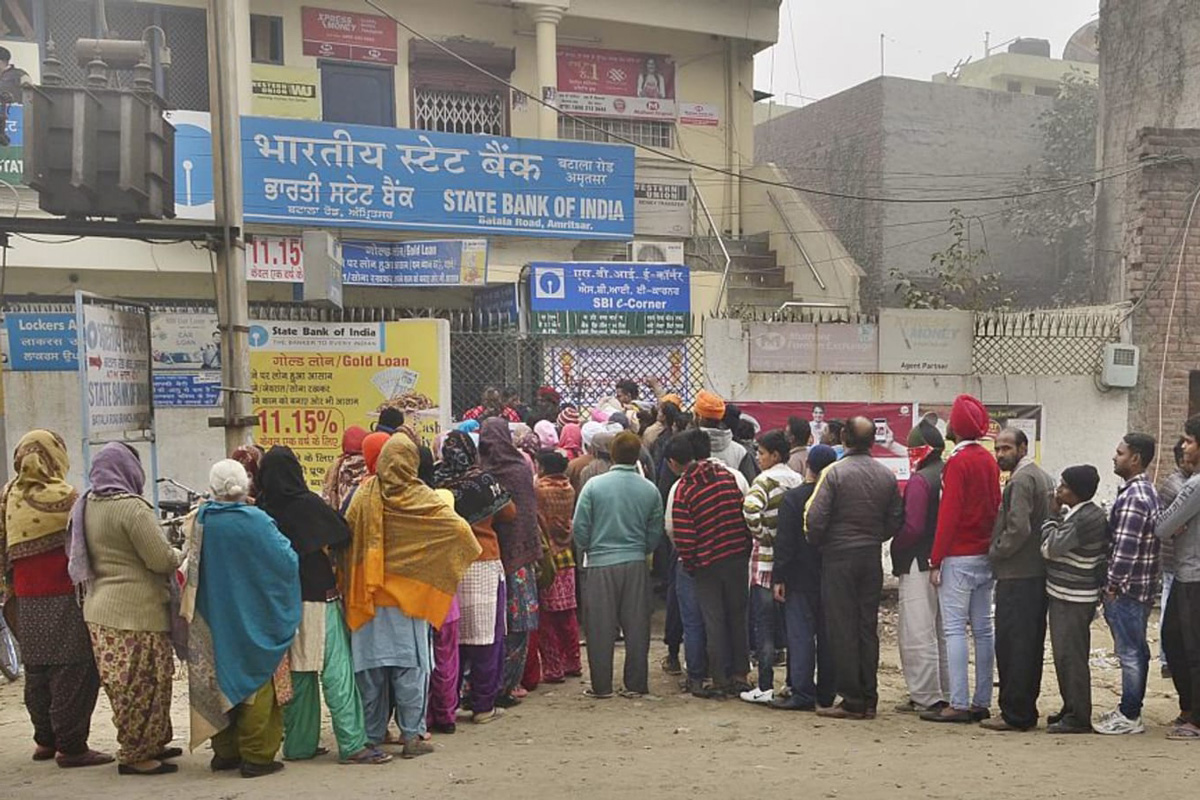Banks cannot be ‘reckless’ in lending and repeat same problems which impacted us in the past, said Arijit Basu, managing director, State Bank of India (SBI).
Basu made the comments during a webinar organised by IMC Chamber of Commerce and Industry on Tuesday. He also said that banks will respond to the COVID-19 challenge and ‘reach out’ to the customers. “As bankers, the responsibility on us is even more. We will have to ensure that we reach out to clients, new customers but at the same time have to ensure that we do not repeat mistakes of the past,” said Basu.
Advertisement
As unlocking happens, Basu said that banks have to take the initiative, come forward and not shy away from lending. “At the same time, it cannot be that banks go ahead and be reckless and come back to the same problem which the entire sector had been impacted just a few years back,” he said.
It is worth mentioning that a few days ago, RBI Governor Shaktikanta Das had asked banks to be more forthcoming on lending, warning that excessive risk aversion can be self-defeating.
Basu said the banking system has understood the need to be prudential and the necessity to have risk-mitigation measures in place.
“All lending should be prudential by looking at companies which have a good business model, viable cashflow. All companies will not have the best ratings because when you are going in for project finance there is an element of higher risk, but then banks can lend after taking due care,” said Basu.
Basu said there is a need for a dedicated development finance institution like IDBI and ICICI were, before being turned into universal banks, and added that the government is working on the same.
Speaking at the same event, Standard Chartered Bank’s chief executive for India Zarin Daruwala said COVID-impacted companies from sectors such as hotels, aviation and tourism will benefit through the newly launched loan restructuring scheme.
If restructuring is done prudently, keeping in mind factors such as cash flows of companies and other aspects, it will be successful, she added.
Further, if the banks can present good packages, dedicated distressed asset funds will also get active on picking up assets once the restructuring exercises begin, she said.
Daruwala also said there is a need for changes in the regulations governing external commercial borrowings.











